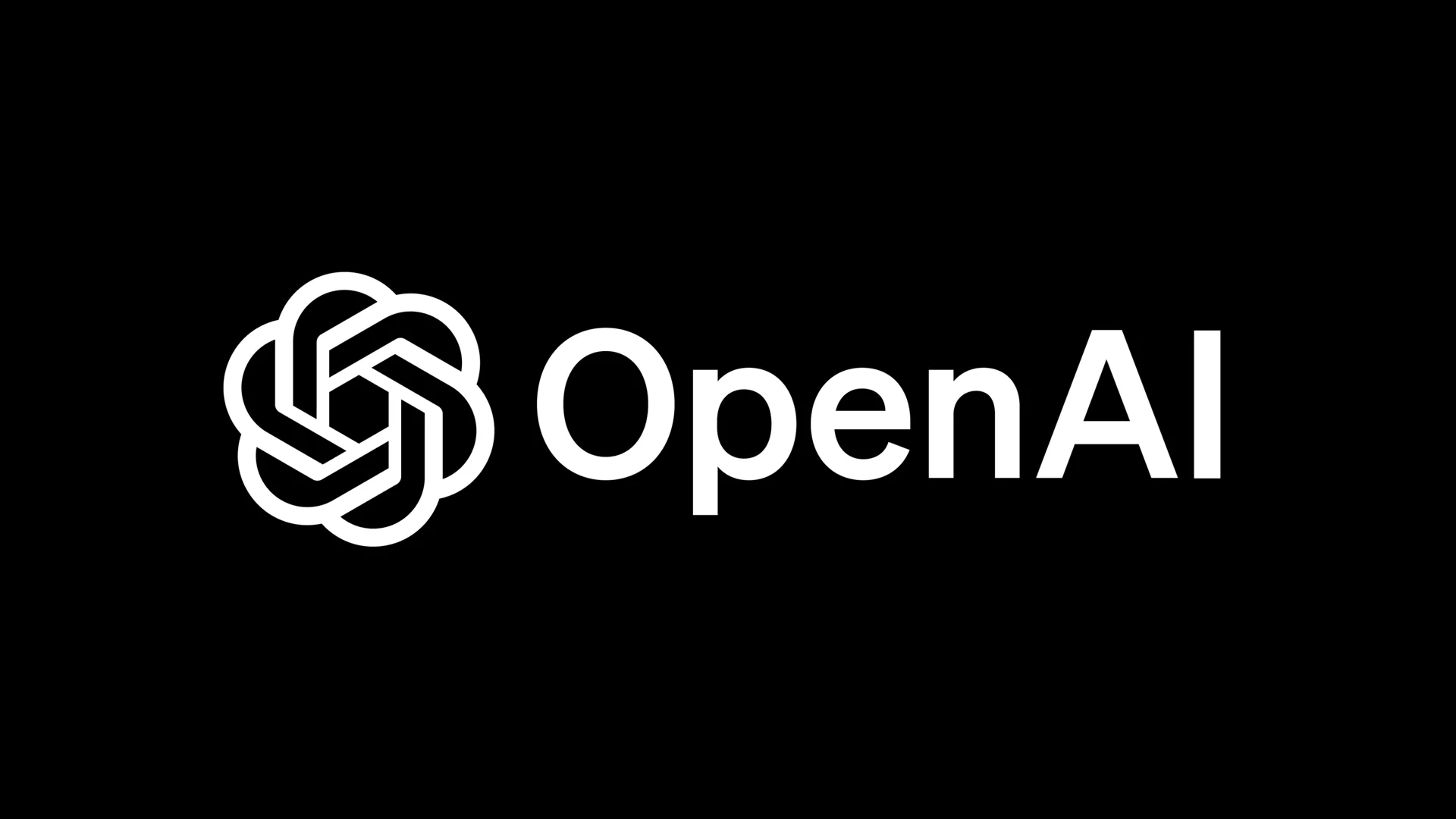Australian police are developing an AI tool with Microsoft to decode slang and emojis used by online predators. The technology is designed to interpret coded messages in digital conversations to help investigators detect harmful intent more quickly.
Federal Police Commissioner Krissy Barrett said social media has become a breeding ground for exploitation, bullying, and radicalisation. The AI based prototype, she explained, could allow officers to identify threats earlier and rescue children before abuse occurs.
Barrett also warned about the rise of so-called ‘crimefluencers’, offenders using social media trends to lure young victims, many of whom are pre-teen or teenage girls. Australian authorities believe understanding modern online language is key to disrupting their methods.
The initiative follows Australia’s new under-16 social media ban, due to take effect in December. Regulators worldwide are monitoring the country’s approach as governments struggle to balance online safety with privacy and digital rights.
Would you like to learn more about AI, tech and digital diplomacy? If so, ask our Diplo chatbot!










